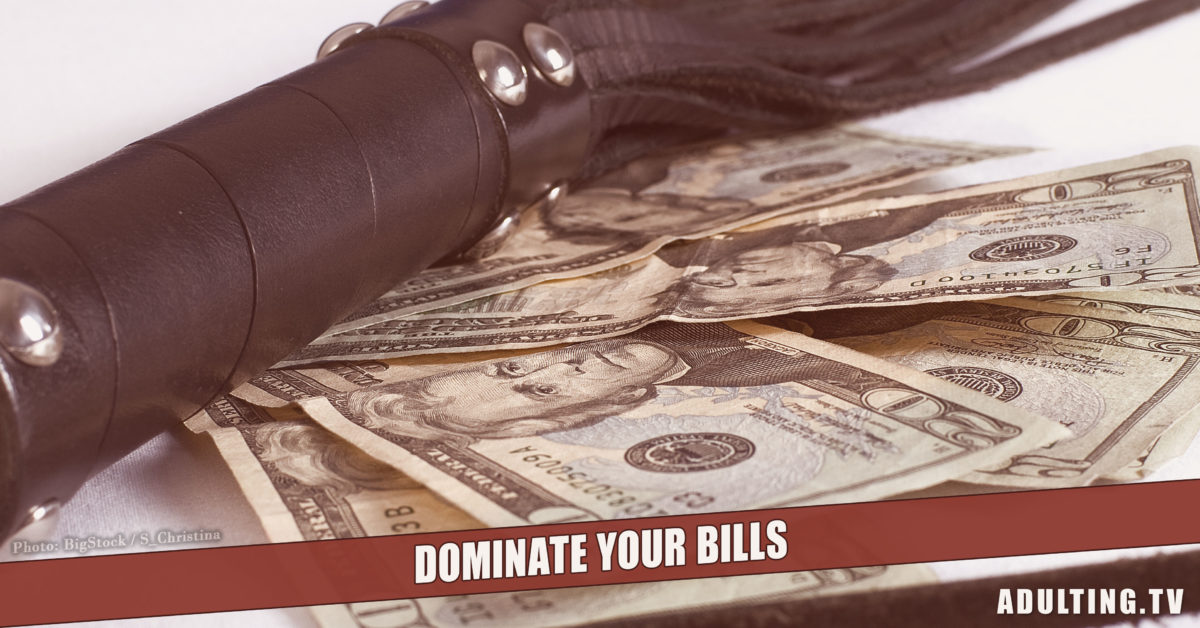At the end of the year, we try to embrace the spirit of giving. It’s a great time to be charitable, both to our loved ones and to the less fortunate. But if you have an end of the year work bonus coming your way, it’s OK to embrace the spirit of receiving, too.
It just feels awesome to start the year with a nice, fat chunk of change. But think back to the end of year bonuses you’ve received in previous years – what happened to all that money? Did it go towards a pile of video games you never play? Did it pay for some new clothes you don’t wear anymore? Maybe it just wasted away in your bank account.
The fact is, most of us are pretty terrible at managing a windfall. Even financially-savvy people tend to get lazy when it comes to free money, because… well, it’s free money. What’s it matter if you spend it on something frivolous?
But the fact is, a windfall is also an opportunity. If used correctly, it can propel your life forward and help you get one step closer to your goals. If used irresponsibly, you’re squandering away a chance to improve your life.
This year, put that year-end bonus to good use. Here’s how to do it.
Pay off debt.
Every personal finance expert tends to agree with my first suggestion – the best thing to do with an end of the year bonus is to pay off any high-interest debt, such as credit card or personal loan debt. If you’re paying more than 7-8% on any loan, use your bonus to eliminate as much as possible.
Not sure what your interest rates are? Log on to your accounts or review your monthly statements to find out. Then, make a list of all your debts from highest interest to lowest. Pick the balance with the largest rate and apply it to your bonus payment. Paying off high-interest debt quickly can save you hundreds on interest and accelerate your repayment.
Save an emergency fund.
According to a 2016 study from the Federal Reserve, almost half of Americans couldn’t afford to pay for a $400 emergency with cash. If you fall into that category, the best thing to do with your bonus is use it for an emergency fund.
An emergency or rainy day fund should be used for events you can’t plan for, such as losing your job, being in a car accident, flying home for a loved one’s funeral and more. Routine procedures such as oil changes for your car or annual vacations don’t count as emergencies and should be saved for separately.
You should have at least $1,000 in your emergency fund, but more is definitely better. Three to six month’s worth of expenses is the standard, depending on your career and if you have a house and kids.
Meet with a financial planner.
What better way to use your bonus than to create a roadmap to financial freedom? If you’ve been putting off a needed overhaul of your finances, take advantage of your bonus to hire a financial planner.
You can find an affordable financial planner through the XY Planning Network or the Garrett Planning Network. Your bonus should be enough to pay for one or two sessions where you’ll learn how to budget, pay off debt and save for retirement.
Splurge smart.
When I was paying off my student loans, I typically put all my windfalls toward my debt, only keeping about 10% for discretionary spending. But every once in a while, I would take the whole amount and splurge on something I’d been eying for a long time.
For example, one year I took a birthday check and spent most of it on a trip to Spain with my boyfriend and a friend. It wasn’t the most practical or responsible decision, but the memories of that 10-day vacation will last me a lifetime.
Sometimes you can find a balance between buying something for yourself and buying something practical. You could buy a new bike so you can ride to work, a crockpot so you can meal plan ahead of time or even a subscription to Amazon Prime.
Of course, you can also go really wild and buy something just for fun, like the Nintendo Switch or a box set of “The Wire.” Sometimes you just have to live a little, but always make sure it’s something you really want. Every time I splurged while paying off debt, I used it for something I’d been obsessing about for months.
How to decide what to do.
If can’t decide how to use your bonus, give yourself a few days or weeks to think it over. There’s no need to figure it out immediately, and the longer you wait, the less likely it is you’ll blow the money on something inconsequential.
I’ve only gotten a work bonus once in my life, and I had several months to choose the best option. I eventually stashed it for a cross-country move to Colorado my husband and I were saving for.
Make a list of what your priorities are and how the bonus can help you. If your top goal is to buy a car, set the bonus aside for your new wheels. If you want to become a homeowner, use the bonus for a down payment. The only bad decision is to not to make one at all, letting the money sit in your bank account without going to good use.
What have you spent your past bonuses on? What are your plans if you have a bonus coming? Let us know in the #Adulting Facebook community.






